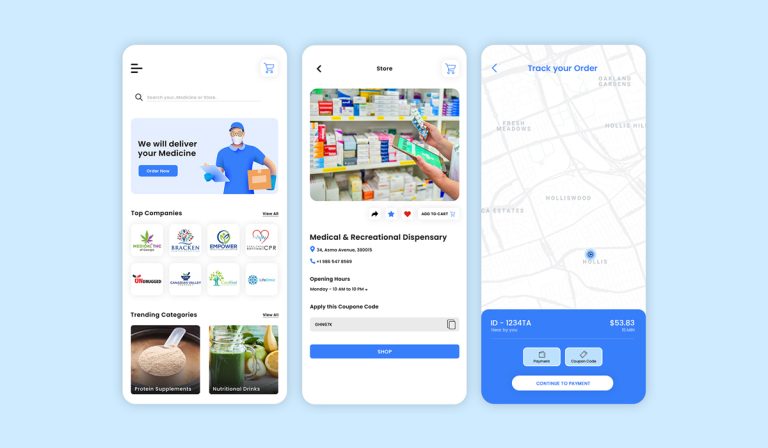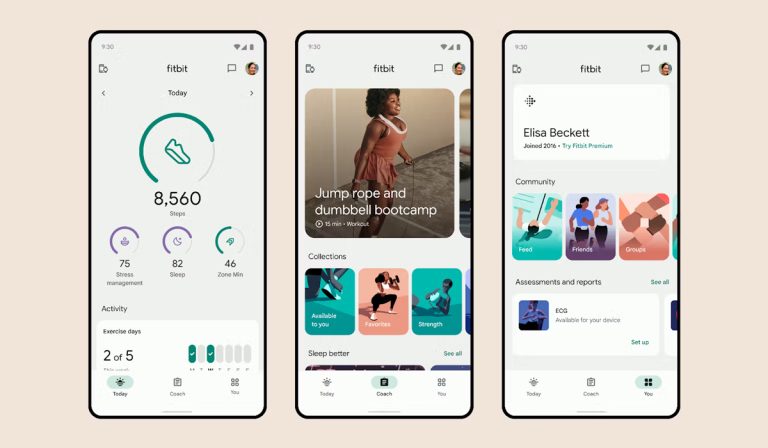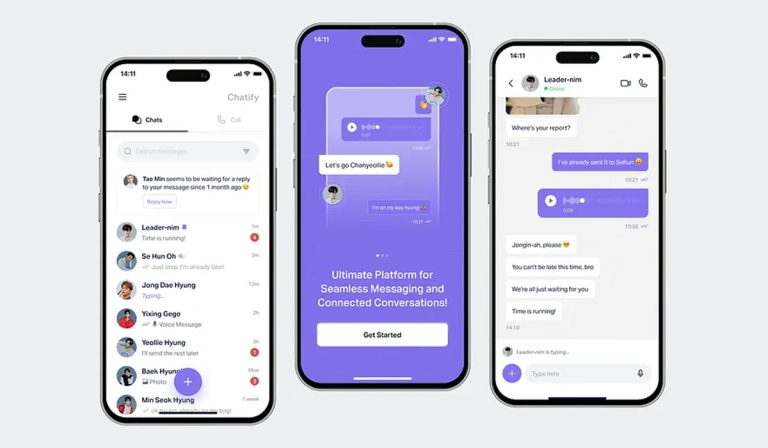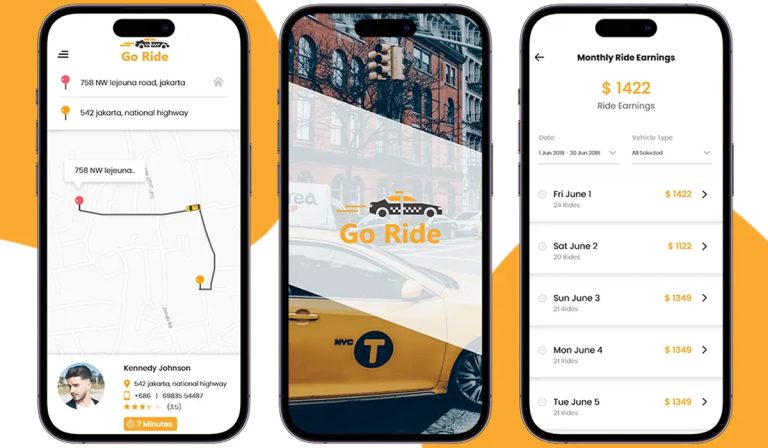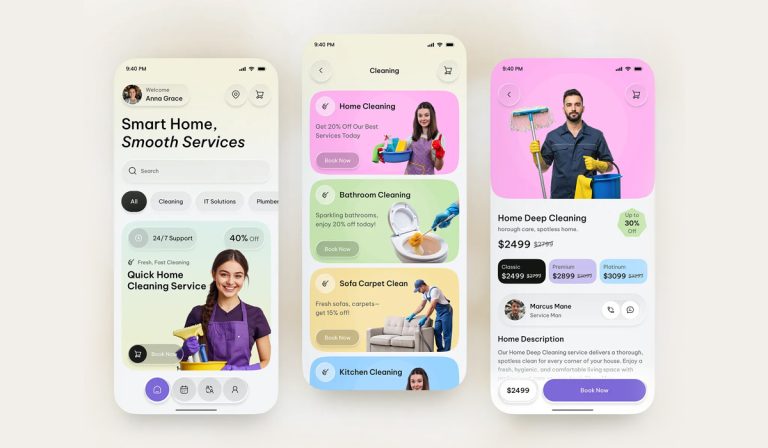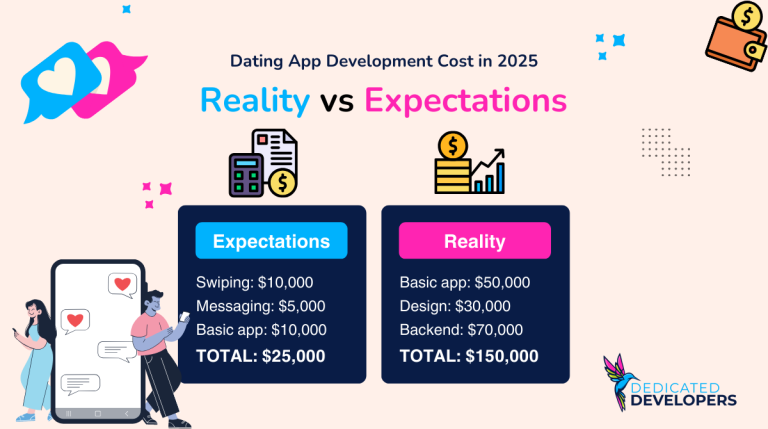Top 5 Mobile App Development Trends That Can Have The Most Impact On Your Business
Mobile apps have taken over! Are you aware of these mobile app development trends that can impact your business?
Back in 2014, global mobile app revenue stood at $97.7 billion. In 2020, mobile app revenue increased to $693 billion. Revenue forecasts show that mobile apps will generate $935 billion yearly by 2023. This translates to more growth for businesses that choose to capitalize on futuristic mobile app development trends.
Just ten years ago businesses were unsure about focusing on mobile-based strategies. Fast forward to today, and it’s pretty much unavoidable for most companies. If your market is on mobile (and let’s face it, most of us are), and you are not, then you’re leaving money on the table. But keeping up with the ever-changing technologies is a full time job. Below we’ll discuss a few of the most trending mobile app development technologies to be aware of, and how they can benefit your business.
AI (Artificial Intelligence)
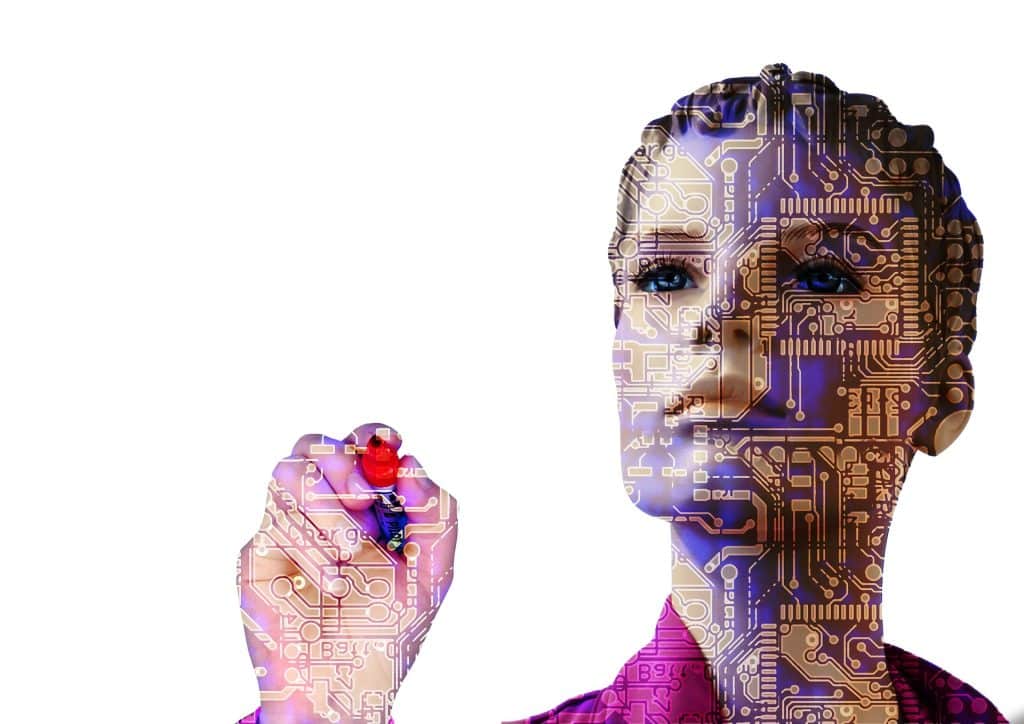
AI is among the most promising technologies today. AI has been intergraded into many mobile apps to boost security and efficiency. Artificial Intelligence is basically about giving machines human-like intelligence. For instance, AI enables mobile apps to learn from the data put in them and increase functionality. AI has given mobile apps human traits like the ability to learn, solve problems, and reason.
Chatbots are great examples of what AI can do to a mobile app with chatting capabilities. Businesses that incorporate AI in their chatbots are able to deal with customer queries without the need for a virtual human assistant. This translates to less cost and improved customer satisfaction. AI is also being used to secure mobile apps through AI-powered features like face and voice recognition. Since mobile business apps have been collecting data for years, integrating AI offers endless possibilities for improving efficiency and the bottom line.
Blockchain
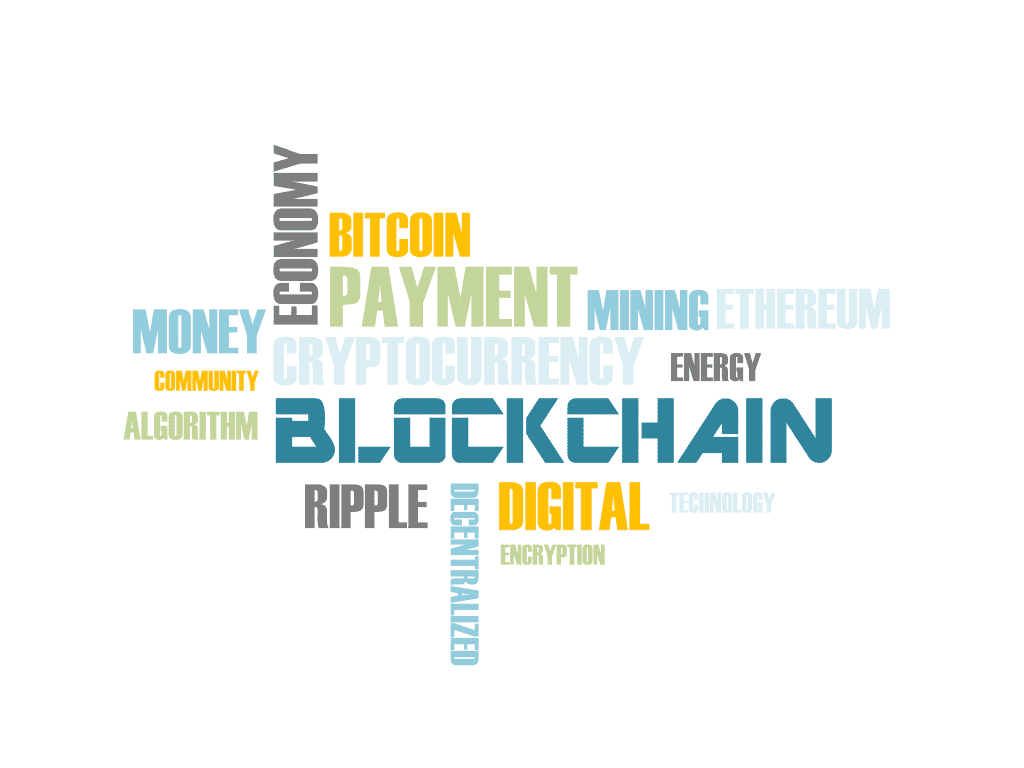
Bitcoin is credited for introducing blockchain technology to the world in 2009. It didn’t take long before people found blockchain applications that were relevant in other fields besides cryptocurrencies.
Blockchain technology is all about decentralization. This simply means removing control from one centralized authority and giving it to every other party of interest. Since blockchain technology eliminates the need to have trust in a single authority, it allows for better transparency in every aspect of its application. In cryptocurrency, the technology removes the need for middlemen like banks when moving money around.
Considering there are middlemen in just about every aspect of business, it’s clear how the technology will revolutionize business. Blockchain has been credited for high security, stability, and reliability in the mobile app development space.
Businesses that are keen on storing data on their mobile apps or software have better technology to rely on in blockchain. The growth of blockchain integration is currently very high in comparison to other emerging technologies. In fact, the tools and processes for including blockchain development are readily available today. Blockchain will be a critical part of every mobile application in the finance and retail space in the near future.
Businesses also stand to boost revenues by simply accepting cryptocurrency payments (blockchain-powered payments) which many customers are finding cheaper, safer and more convenient.
IoT (Internet of Things)

Internet of Things is already a popular mobile app development trend. IoT is simply about interconnecting all internet enable devices together via the internet. The trend makes it possible to collect big data and/or make such data available with ease for whatever reason, including making better business decisions.
When mobile apps are able to collect data, analyze such data and make it readily available to connected devices, the power of mobile devices to revolutionize business is unmatched. In the recent past, the biggest problem hasn’t been collecting data but analyze big disorganized data into data sets that make sense.
By connecting internet devices together, IoT solves this problem and offers multiple use cases. For instance, all devices can be transformed into data collection devices, making it possible to collect data as well as control devices remotely. The applications of IoT go far and wide. Mobile apps will be the pathway to controlling everything around us, from TVs to lights, fans, vehicles, etc., from anywhere.
Businesses have the opportunity to transform smartphones into “remotes” with IoT. A shopping experience will be as simple as giving a voice command through an app, transforming the way customers shop. Businesses that develop apps with IoT provisions in the future stand to offer better customer experience and gain unmatched competitive advantage.
5G Technology
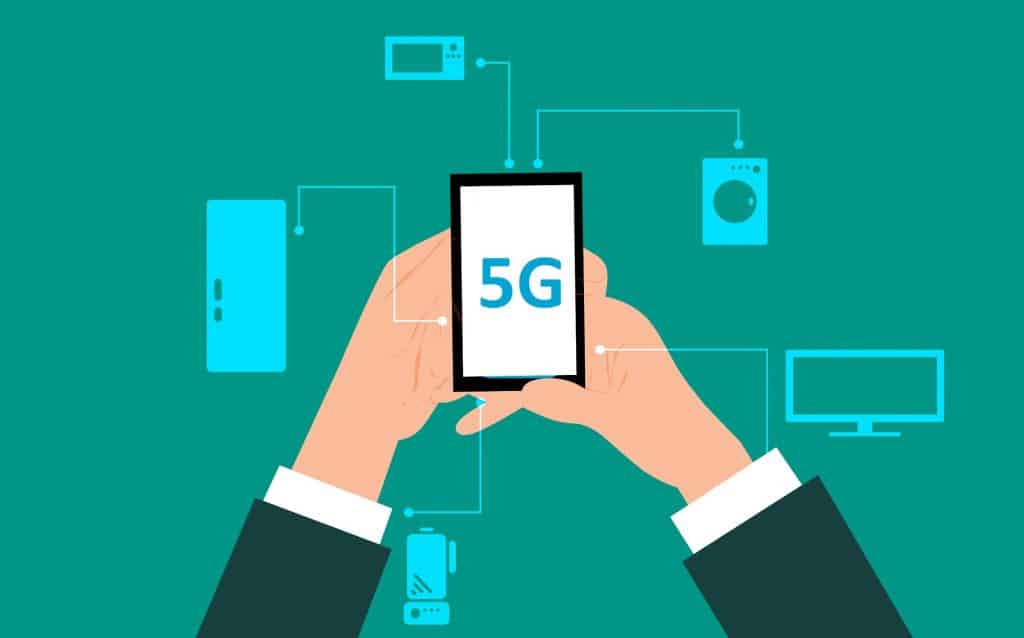
5G also stands to have a significant impact on many businesses. Currently, 5G technology facilitates the fastest mobile internet access. Mobile app technologies discussed here, like IoT need fast internet capabilities to reach their full potential. For mobile apps to be able to analyze big data collected over years in seconds and respond as fast with appropriate actions, connect to other apps, share data, etc., the need for fast internet can’t be overlooked.
5G offers fast mobile internet as well as improved connection density that allows more devices to connect to the internet simultaneously. When fully implemented, it will be possible for a million devices to connect at a time as opposed to the current 4G limit of 2,000 devices. With faster speeds and connection density, we are bound to change how we stream online, analyze big data, and do many other things online. 5G will give businesses more and better access to online customers and better eCommerce tools. Faster internet is ultimately expected to improve the kind of mobile applications being made for business.
AR (Augmented Reality)

Augmented reality is already a mobile app development trend incorporated by big businesses like Google and social media giants. AR is about modifying things that are real. Filters popular on Instagram, Snapchat and other social media apps are a perfect example of AR.
AR has many use cases that can improve customer experience and revenues for businesses. In the recent past, customers have had to visit a store personally to make purchasing decisions. For instance, before buying clothes and shoes, it has been traditional practice to go to a store physically for a fitting.
AR makes it possible to see how clothes and shoes look on you virtually. The same applies to many other products like sunglasses, makeup, watches, etc. Businesses that are able to help their customers make better purchasing decisions virtually through AI stand to gain competitive advantage in the future.
Augmented reality has many other applications, including gaming. Popular games like Pokémon Go are examples of successful AR mobile app integration. Businesses that find ways of integrating this technology in their mobile apps stand to boost brand awareness, app downloads, consumer engagement, and revenues.
Conclusion
These are just some of the mobile app development trends to be aware of when considering your own app design. If you aren’t aware of what the possibilities are within app development, you might not realize what powerful features your app could take advantage of to provide the best customer experience. We encourage you to reach out and connect with us for a free consultation by scheduling a call with us today.


